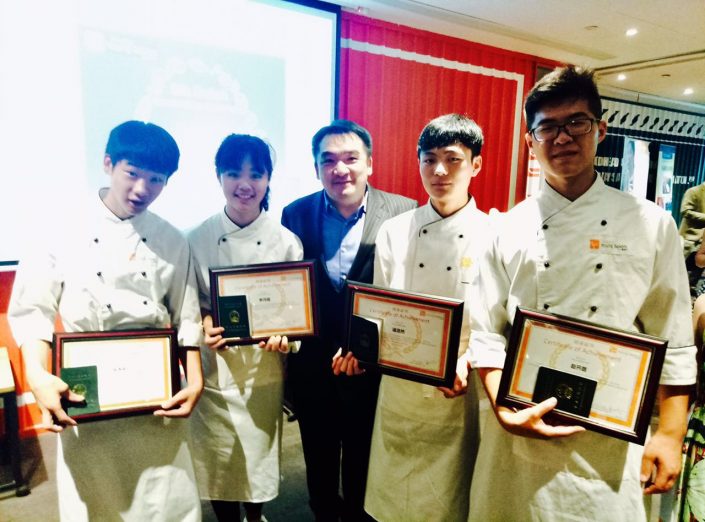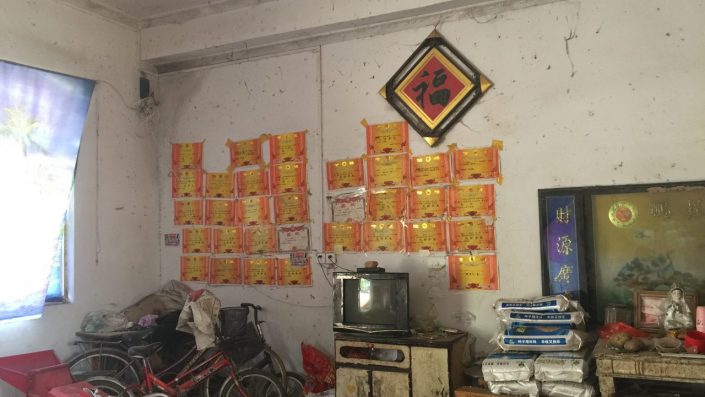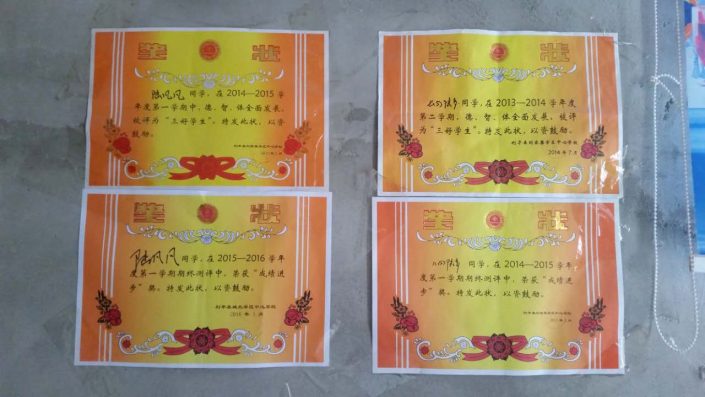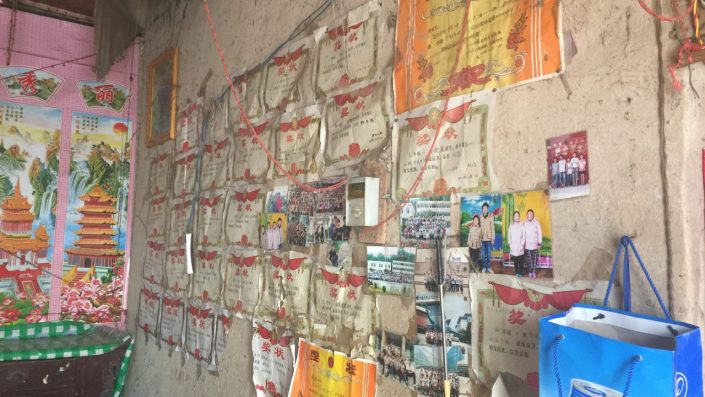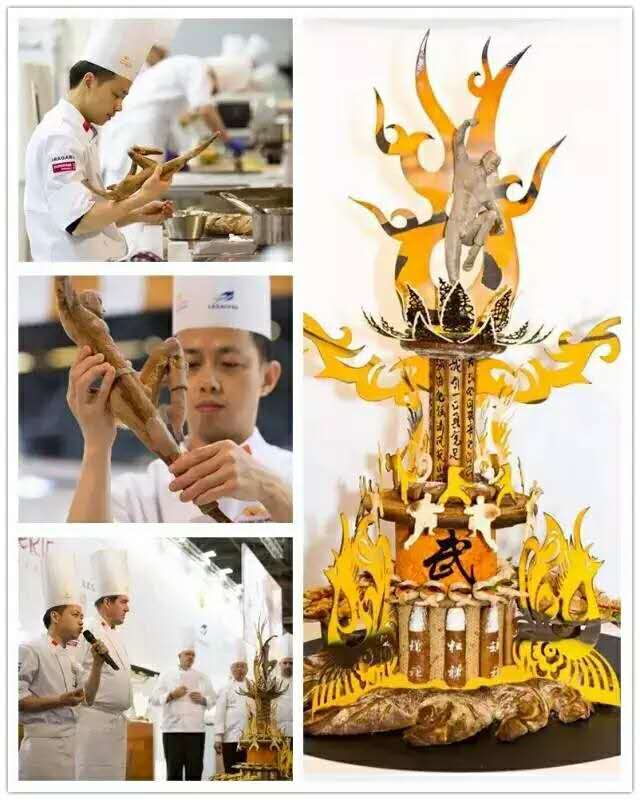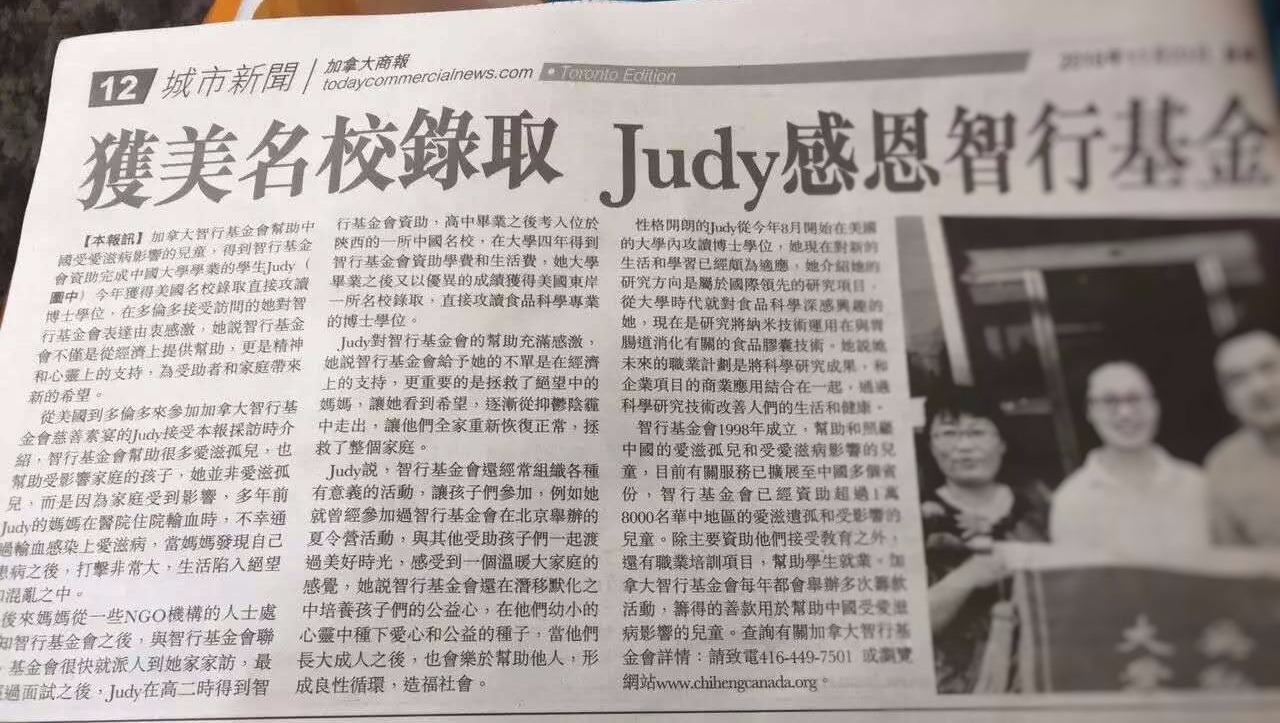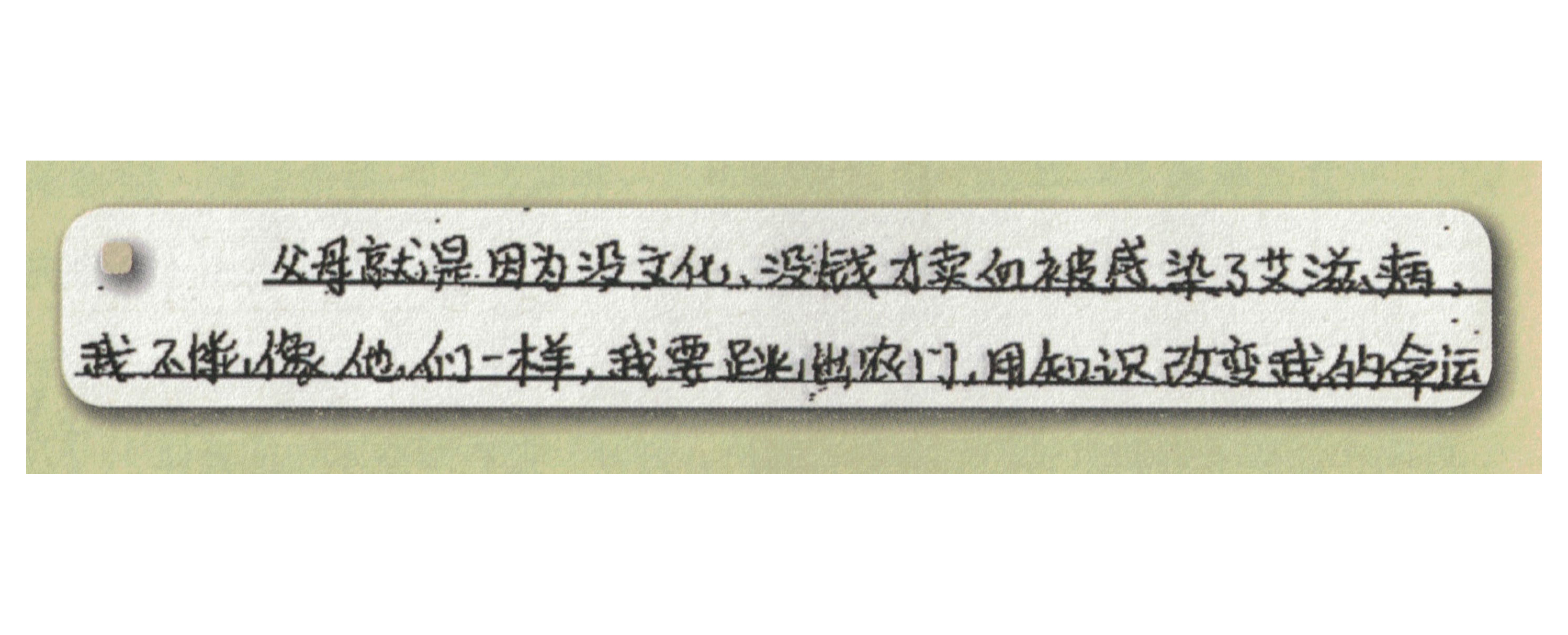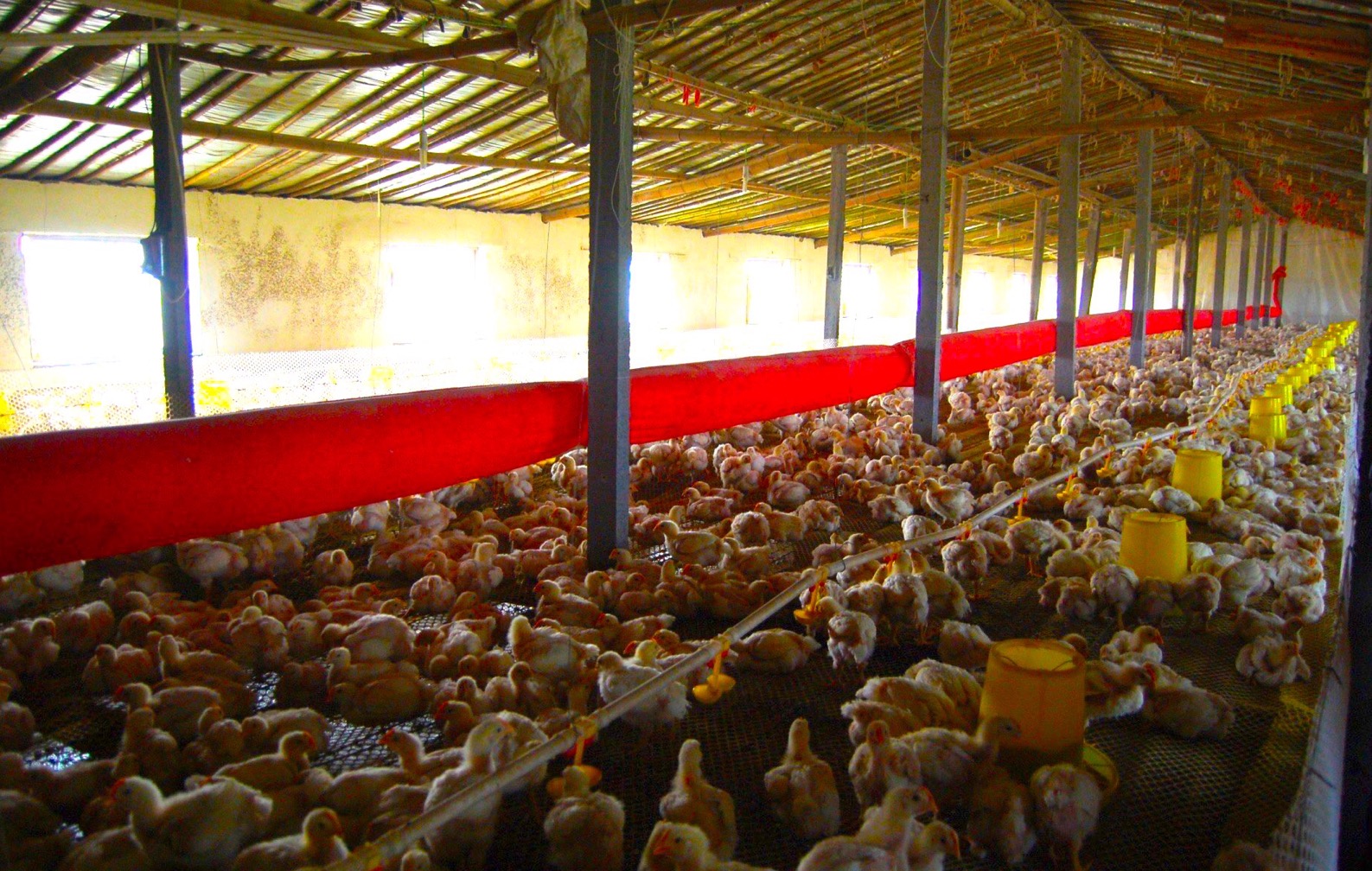85% of our high school graduates go on to university education. Among those who have attended our summer camps (part of psychosocial therapy), the percentage is as high as 92%. This is a stark contrast with the advancement rate of 8 – 10% among non-Chi Heng-supported students.
To date, over 4,000 of our sponsored students have gone on to university and graduate school. Among them, 3,021 have graduated and are now pursuing a large variety of careers in China and overseas, careers such as sales, finance, education, systems engineering, design, human resources, hospitality and catering, medical care, architecture and construction, accounting, administration, personal training, mechanical engineering, journalism, traffic administration, and many more.
To date, Chi Heng has cumulatively sponsored 2,002 students for vocational school training in which about 1,547 students have graduated. About 30% of these students have been working in related industries.
Among those who advance to university, over 20% do so with such superb graduating scores that they are given scholarships by Chi Heng Foundation as an encouragement, on top of the usual education sponsorship. Xiao Pang (小朋) is a prime example of this. Originally from Henan, he came under Chi Heng’s sponsorship from a young age, and, through his own hard work, graduated high school with a high score of 638, enabling him to be admitted to the prestigious Beijing Institute of Technology. While there, he always found time during summers to work as a volunteer at Chi Heng, helping and tutoring younger students, which shows the sense of social responsibility that has developed in him. Xiao Pang has now completed his undergrad studies and is working for Baidu in Beijing.
During home visits, we often see numerous award certificates pasted on the walls of the dilapidated houses that young sponsored students live in. It goes to show how much they value the opportunity of getting an education and how devoted they are to their school work.
Our sponsored high school graduates have gone on to many acclaimed universities throughout China including Peking University, Beijing Normal University, Wuhan University, Zhongshan University, Zhejian University, Xiamen University, Jiaotong University, Harbin Industrial University, Nankai University, Beihang University, Minzu University, and Beijing University of Technology.
Several students have even gone on to overseas universities with grants or scholarships for post-graduate studies, such as Georgia University in the United States, University of Aberdeen in the United Kindom, Niigata University in Japan, and Flinders University in Australia.
*student numbers updated with 2019-20 school year data.
In 2016, a graduate of and current instructor at our vocational training program, Shanghai Young Bakers, was a member of the China team that received 4th prize at the Louis Lesaffre Bakery World Cup baking contest in Paris. This is an international contest that is held once every four years, and this was the first time a team from China had advanced to the finals. For their accomplishment, they were awarded the Special Prize from the Jury, Lesaffre CSR Awards. This goes to show that our students are not in any way inferior to others. When given a chance, they too can excel by international standards.
Newspaper coverage of the university graduate sponsored by Chi Heng who received a full scholarship to pursue a PhD degree at the University of Georgia (with direct advancement from her undergraduate degree), after having been accepted by several U. S. universities for post-graduate studies.
“Perhaps, one day, I will get to meet you. Perhaps you will then discover that I have become an eagle with outstretched wings, and not the ignorant little sparrow that I am today. Because of the firm belief in my heart, because I won’t let you down on your expectations of me, and also because of all the people who care about me, I will soar ever higher and will never utter the words ‘give up’”
“My parents contracted AIDS from selling blood due to their illiteracy and poverty. I do not want to be like them. I must break free of this rural entrapment, and use knowledge to change my destiny.”
In 2007, a university graduate returned to his home village in Henan to start up his own business — a chicken farm – with the help of a microfinance loan. This business venture transformed an impoverished family that had to rely on Chi Heng sponsorship support to one that is currently earning roughly RMB 110,000 per year. In addition, it served to inspire the other villagers into thinking about branching out into other means of livelihood to pull themselves out of poverty, so that they would not have to engage in blood selling or other dangerous or illegal ways of making money.
In the spirit of community self-help, this graduate also provided technical advice and expertise to another Chi Heng university graduate who similarly started up a chicken farm in his home village in 2010. The saying “using knowledge to change your destiny” has come true to these two families, and the hope is that this will start a trend that will propel both villages and others on to the path of poverty relief.
Meng (not his real name to protect his identity) is a university student who has been under Chi Heng sponsorship since junior high school. His father is infected with HIV. Despite the difficulties at home, he achieved outstanding results in the nationwide senior high school entrance exam. During his third year in senior high, his mother became paralyzed from an accident. This tragedy, along with the health challenges of his father, further complicated the family’s finances and almost forced Meng to drop out of school. However, with Chi Heng’s subsidies, he was able to continue his education. His parents’ illnesses aroused his interest in medicine and, with top grades, he successfully got into a medical school.
During his undergraduate days, he often volunteered to help out at the Chi Heng office in his free time. In addition, he participated several times in our summer work program as a way to pay back Chi Heng as well as to help and encourage the younger children. With Chi Heng’s support, and through his own hard work, he continued to excel at his studies, received the National Endeavor Scholarship, and got accepted into a postgraduate school. His younger sister, another Chi Heng-sponsored child, also got accepted into university and eventually postgraduate school as well. Their mother is slowly recovering and can now do some simple work. If not for the support provided by Chi Heng, it is hard to imagine what Meng’s fate would be. Perhaps it would have taken a turn for the worse during his third senior high year, when he might have quit school so that he could work to support his family.
This post is also available in: Chinese (Traditional) Chinese (Simplified)


